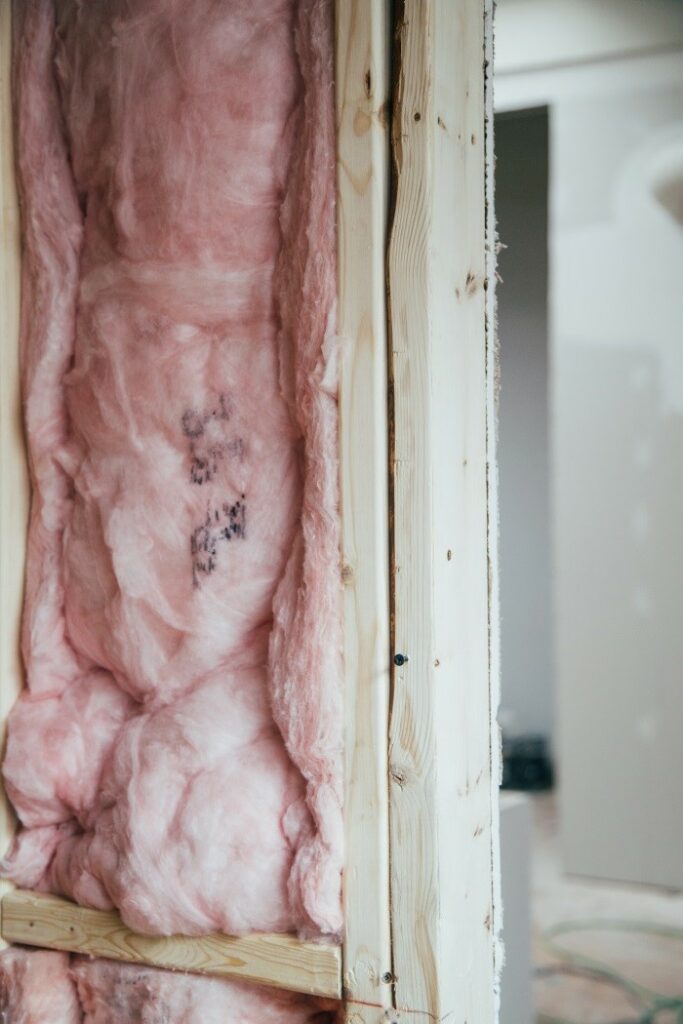Energy Efficiency
Welcome to the Yakutat Tlingit Tribe Environmental Department Page
Life in Yakutat is rich with culture and life, but the energy it requires comes with a high price tag. Energy costs from diesel fuel to heat homes are one of the biggest expenses that every resident faces. Finding ways to increase your home and appliance energy efficiency is a great way to save your wallet from these expenses. Upgrading appliances and retrofitting your home for energy efficiency can result in long-term savings. Below are some areas you can focus on to make a difference in your home and your wallet.
1. Lighting. Switching your lightbulbs to CFLs or LEDs can save a lot of energy, and they have a longer life than incandescent. If you can’t replace all the bulbs in your home, start with the lights you use the most often for the biggest savings. Especially at the holidays, investing in LED string lights can make a big difference in your bill.
2. Water. Water heaters are the second largest energy user in the home, and turning it down can make big difference in your budget without drastically changing your quality of life. Set the thermostat to 120°F to save between 6-10% of your energy bill and slow the buildup of minerals that clog pipes, faucets, and showerheads.
3. Laundry. When buying new appliances, look for Energy Star-rated products. These machines can cut utility bills by an average of $150 and 7,000 gallons of water each year. Wash and dry full loads only, use high-spin cycles in washers, and clean the lint filter in dryers to get the most out of their use.
4. Appliances. Refrigerators account for 7% of monthly utility bills, so keeping them at the right temperature can help save energy. Keep your fridge between 36° and 38°F, and your freezer between 0° and 5°F. Check and clean door seals to prevent loss of cold air. If you have a dishwasher, using it over hand washing can save 5,000 gallons of water and $120 each year. Use microwaves, crockpots, and pressure cookers to cook small meals, as they use less energy than stoves or ovens. Look for the Energy Star rating on appliances such as televisions, washers, humidifiers, dishwashers, and refrigerators.

5. Power Strips. Electronics draw electricity even when they are not turned on, and power strips help to prevent that. Flip the switch on the strip off when your electronics are not in use. Chargers for phones and laptops continue to draw energy whether or not your device is plugged in, so unplugging these items from the wall will save you money. TVs are the biggest phantom drains on energy, so having a power strip for your entertainment center is especially useful.
6. Heating. Installing a programmable thermostat is a great way to turn down your home’s temperature when no one is home, or everyone is already asleep.
7. Wood Burning. Always follow proper wood burning techniques, including drying and seasoning wood, and keeping your stacks clean and maintained. Safe wood burning practices can alleviate your diesel bill and keep you warm in winter months.
8. Insulate. Add extra insulation to your attic. Heat rises, so this is where most of your home’s heat is lost from. Check for air leaks around lighting fixtures, ducts, pipes, and any cracks. Insulating and sealing the attic entryway is often overlooked, but weather-stripping and adding a batt of insulation to the door can help control leakage.

9. Windows. Adding weather stripping or caulking around windows helps to eliminate drafts. Windows with wood frames offer the best value when it comes to insulation, although they are more expensive than aluminum or vinyl. Single pane windows lose more heat than double pane, and replacing them is most effective. A simple trick is to cover your windows in plastic wrap for added insulation and keep curtains drawn to trap heat.
If these upgrades or changes prove to be too difficult or expensive, here are some easy, free ways to make incremental savings.
• Turn off the lights when leaving a room
• Set washer cycles for “cold” instead of “hot”
• Turn down the thermostat and put on your favorite sweater
• Put vehicle block heaters on a timer
• Use heat tape to fill seals
• Clean the lint trap on your dryer
• Use the shortest time for washing and drying cycles
• Turn off the heated dry on your dishwasher
• Set the thermostat on your water heater to 120°F
• Clean the gaskets on your refrigerator and freezer doors
• Keep curtains drawn to prevent heat loss through windows
For more resources and tips about how to save energy in Yakutat, contact the YTT Environmental Department today.
